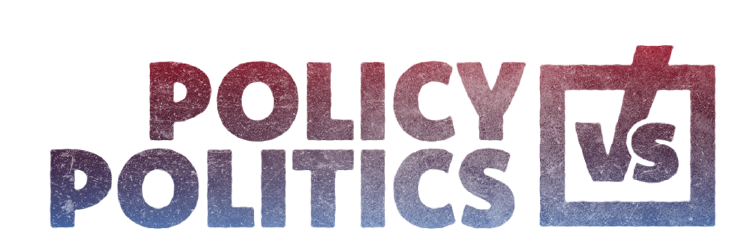Finding a truly unbiased news source feels impossible nowadays. With so many media outlets controlled by money and politics, where can you turn for reliable news? Rest assured, there are neutral news sources out there, even if they are difficult to find. Let’s discuss why unbiased news matters.
Does unbiased news even exist?
As the term “fake news” grows in usage, being concerned about the bias in your news intake is more than understandable—in fact, it’s expected. Your individual actions make an impact, and biased news outlets are aware of that. The high majority of news media in the United States is controlled by less than six companies. As many of those companies lend their monetary support to political candidates and lawmakers, they use their influence to urge you to do the same.
Phrased simply, distinguishing an unbiased news source is trickier than ever these days. But there is hope. Despite biased news sources being in the majority, unbiased news does exist. Don’t give up quite yet!
Why unbiased news matters for voters
If you’re preparing to vote soon, finding unbiased sources is of the utmost importance. Why? Because you want to ensure the candidate you cast your vote for has your best interests at heart and will fulfill all of their campaign promises. As a voter, be wary of news where one political candidate speaks negatively of another. This can be a sign of bias, and incorrect information could sway you to vote for a candidate you don’t truly support.
Is there a difference between bias and censorship?
According to the Merriam-Webster Dictionary, censorship is defined as “to examine, in order to suppress or delete anything considered objectionable.” Similarly, bias is defined as “to give a settled and often prejudiced outlook to.”
Censorship can occur in news formats. However, not all biased media is censorship. If a media outlet chooses to remove factual information from a report because it doesn’t support their political views or because they deem it offensive or inappropriate, then they are participating in censorship. But choosing to frame facts based on opinion or political view is merely bias.
Despite the differences in the terms, conversations about bias and censorship go hand-in-hand with conversations regarding the best unbiased news sources. The search for unbiased news is fundamental to the rights of free speech, and is worth analyzing on your own search for news sources that hold your values.
Journalistic integrity
The Pew Research Center is one of potentially several viable sources for unbiased news. In 2018, they did an extensive study in 38 countries about the search for unbiased media and whether citizens believe their country’s news outlets are living up to expectations. The study, which you can read here, expanded on interesting results.
The study found that a majority of people believe news outlets should never favor a particular political party or candidate. In the United States, 78% of people agreed with this sentiment. This finding is consistent with the principle of journalistic integrity, which states that journalists are obligated to verify their information and sources before claiming anything as fact. Journalism and news media are highly influential to the public, and as more people realize how biased some news can be, journalistic integrity is more important than ever.
Journalists are obligated to present all facts that the public needs to be aware of, even if these facts seem boring. It’s a journalist’s job to bring this information to light and make it interesting so the public can see the value of it.
How to know if your source is unbiased
If you are interested in knowing whether a work is unbiased, ask yourself a few questions and see what you find.
- Who is the author of the news piece? Is their other work clearly unbiased? If so, how?
- Are there any sources listed for the article? Reading the original sources can help you find other accounts of the same event shown from a different perspective.
- If the story has multiple sides, do you feel that all sides are equally represented in the article?
- Who owns the news outlet you’re reading from? Does the owner have a history of supporting certain political causes publicly? Do they donate to organizations with clear biases?
These are good questions to begin with, but doing your due diligence can ensure your sources are reliable and neutral. We suggest incorporating critical thinking into all of your media consumption. If you’re hoping to start slow, begin with a social media platform you frequent. Ask yourself which posts are biased and define why. This practice will help you as you navigate different news outlets.

